Felix Mendelssohn Bartholdy
Piano works, Volume III - Songs without Words
The “Songs without Words” not only number among Mendelssohn’s most popular works, but also among the most frequently performed of the rich piano literature of the nineteenth century – not least because of their concise form and their predominantly moderate level of difficulty. The composer saw them as poetic character pieces at whose centre stands – similar to the piano songs (as songs “with words”) – the melodic moment. The spectrum ranges from light-heartedly cheerful through contemplative to sombre pieces, from folk song-like simplicity through antiphonal songs up to choral song movements.
By taking into account newly discovered sources, our revision brings the musical text up to the current state of research. It includes all the “Songs without Words” published during the composer’s lifetime and posthumously. Thus, there are many new things to be discovered in this comprehensive volume!
Content/Details
(Explanation)
About the Composer
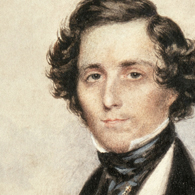
Felix Mendelssohn Bartholdy
A German composer, conductor, pianist, and organist who already numbered among the most important composers in Europe during his lifetime. While still young he found a unique tonal language. Reflected in his oeuvre, which spans all genres, are the contradictory tendencies of the age – Classicism and Romanticism. His endeavors over the course his life to perform the works of Johann Sebastian Bach led to a “rediscovery” of that composer which continues unabated. His intensive engagement with Bach and his counterpoint influenced his own compositional technique.
| 1809 | Born into a wealthy banker’s family in Hamburg on February 3. Escape to Berlin with his parents in 1811. First musical instruction from his mother. |
| 1819 | He becomes a pupil of Carl Friedrich Zelter. |
| 1820 | Joins the Sing-Akademie in Berlin. |
| 1821–23 | Twelve sinfonias for strings. |
| 1825 | String Octet in E-flat major, Op. 20. |
| 1826 | Overture to “A Midsummer Night’s Dream,” Op. 21 |
| 1827 | Begins studies at the University of Berlin. |
| 1829 | Revival of Bach’s St. Matthew Passion in Berlin on March 11 and 21. Travels to England and Scotland. |
| 1829–30 | “Reformation” Symphony in D minor, [Op. 107], with inclusion of the choral “Ein feste Burg“ (A Mighty Fortress Is Our God.) |
| 1830–32 | Extended travels, including to Italy and France. Piano Concerto in G minor, Op. 25; Overture in B minor, Op. 26, “The Hebrides, or Fingal’s Cave” (1829–30). |
| 1833 | Music director in Düsseldorf. “Italian” Symphony in A major, Op. 90 (1830–33). |
| 1835 | Director of the Gewandhaus concerts in Leipzig. |
| 1836 | Premiere in Düsseldorf of his oratorio “St. Paul: Oratorio on Words of the Holy Bible,” Op. 36. |
| 1838-44 | Violin Concerto in E minor, Op. 64. |
| 1840 | Composition of “Hymn of Praise, a Symphony-Cantata on Words of the Holy Bible,” Op. 52. |
| 1841 | Berlin, in the service of the Prussian king. “Variations sérieuses” in D minor, Op. 54, for piano. |
| 1842 | Completion of Symphony No. 3 (“Scottish”) in A minor, Op. 56, with a songlike opening. |
| 1843 | Incidental music to Shakespeare’s “A Midsummer Night’s Dream,” Op. 61. Director of the newly founded Leipzig Conservatory. |
| 1846 | Premiere of his oratorio “Elijah,” Op. 70, in Birmingham. |
| 1847 | String Quartet in F minor, [Op. 80]. Death in Leipzig on November 4. |
Product Safety Informations (GPSR)

G. Henle Verlag
Here you can find the information about the manufacturer of the product.G. Henle Verlag e.K.
Forstenrieder Allee 122
81476 München
Germany
info@henle.de
www.henle.com
推荐
autogenerated_cross_selling
本书目其他版本
本书目其他版本


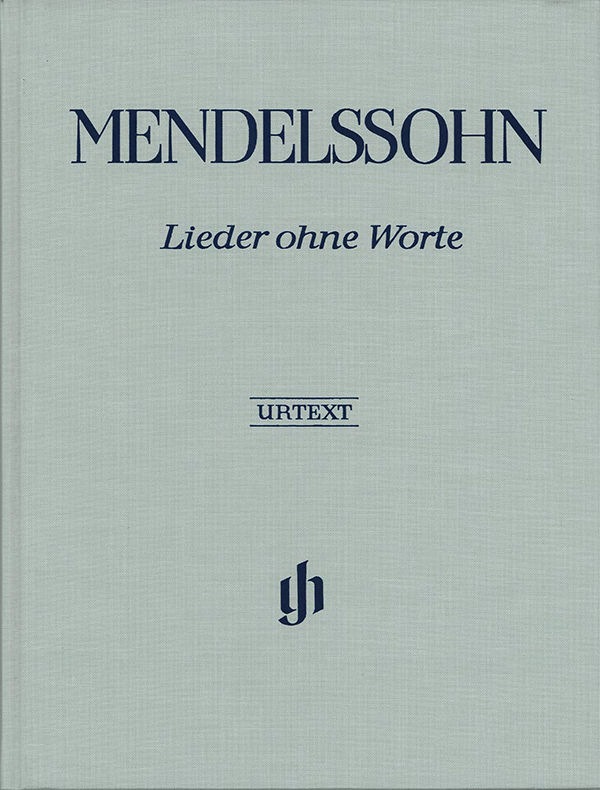
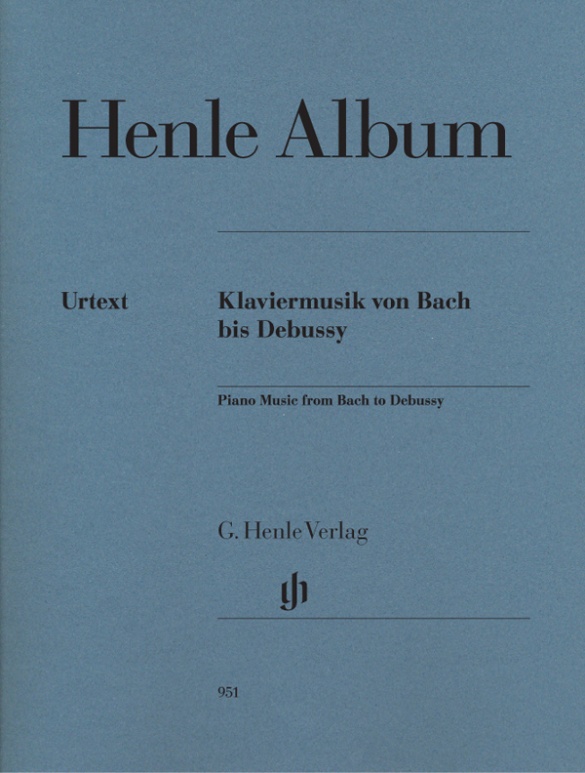

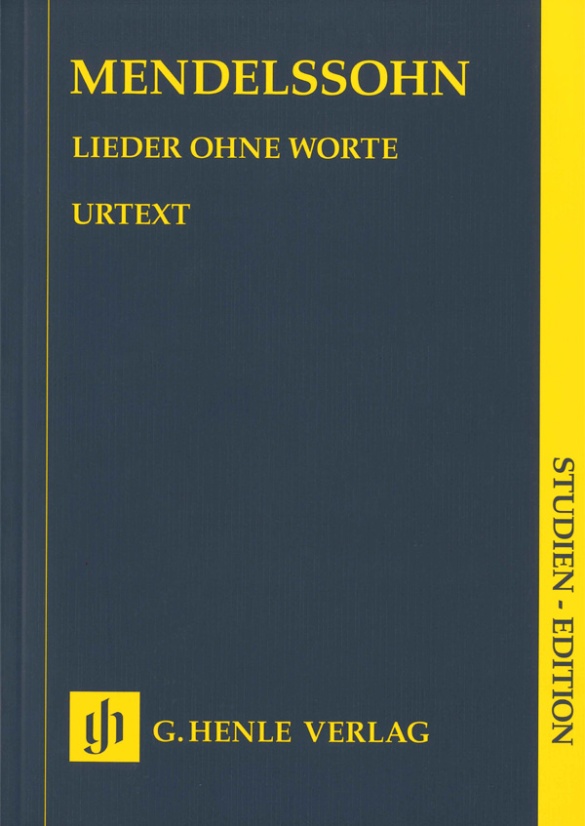
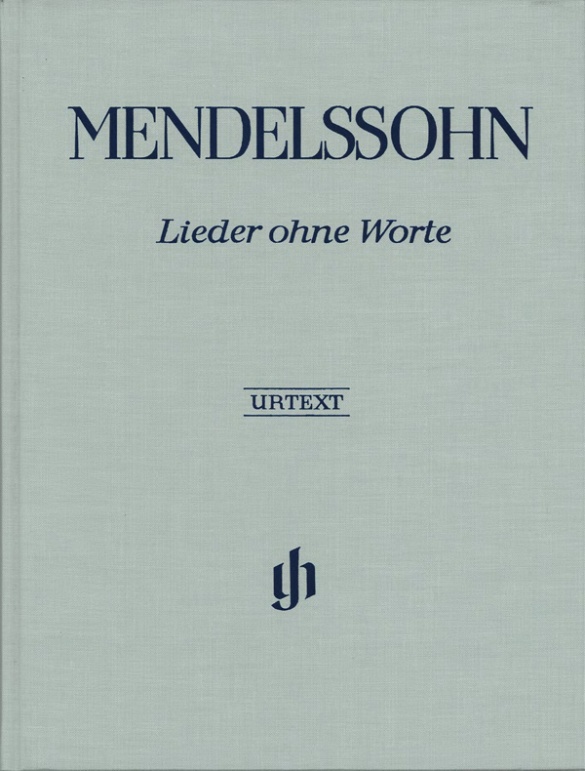
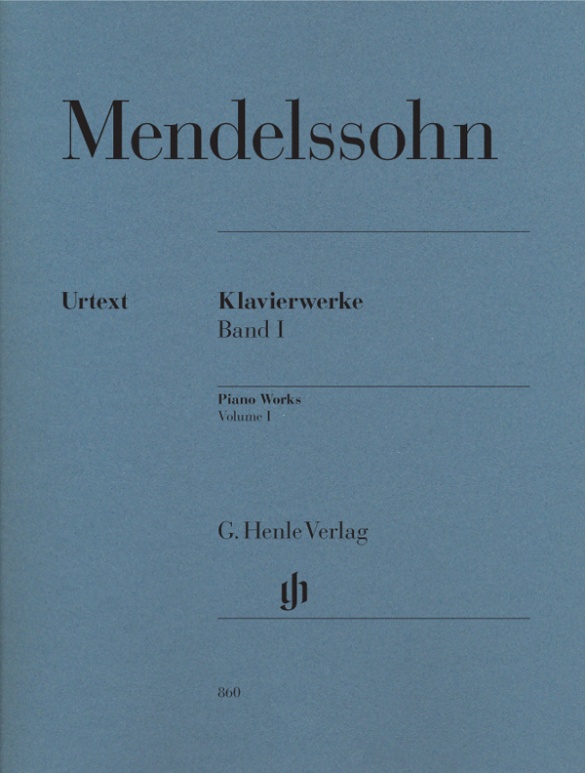
replaces HN 361